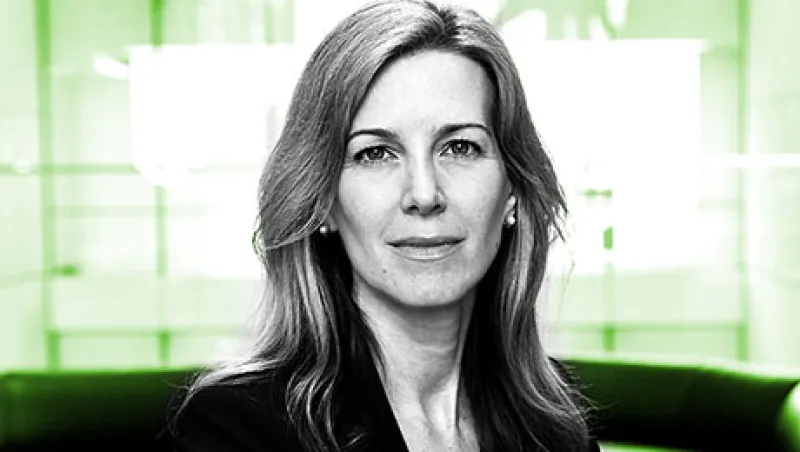
Developed-Market Investing with Emerging-Market Risk
Political volatility has long been a risk when investing in emerging markets. Now, experts say, it’s a concern for the developed world as well.
Julie Segal
May 5, 2017



